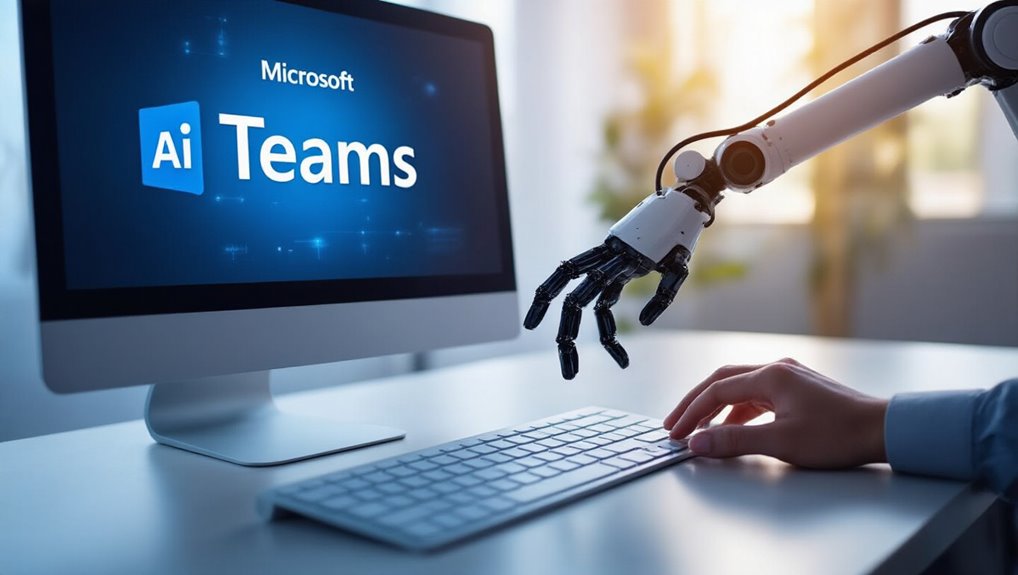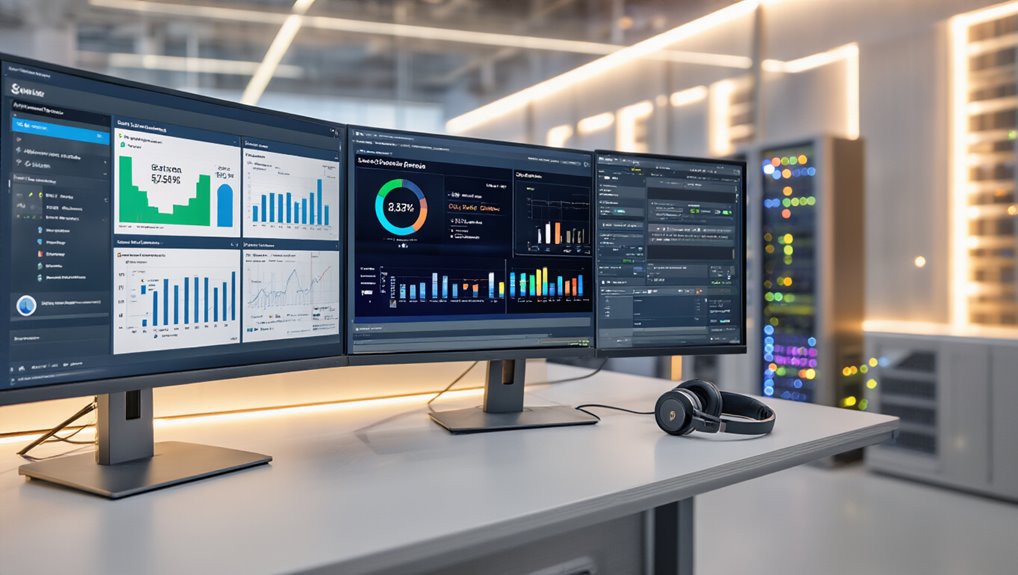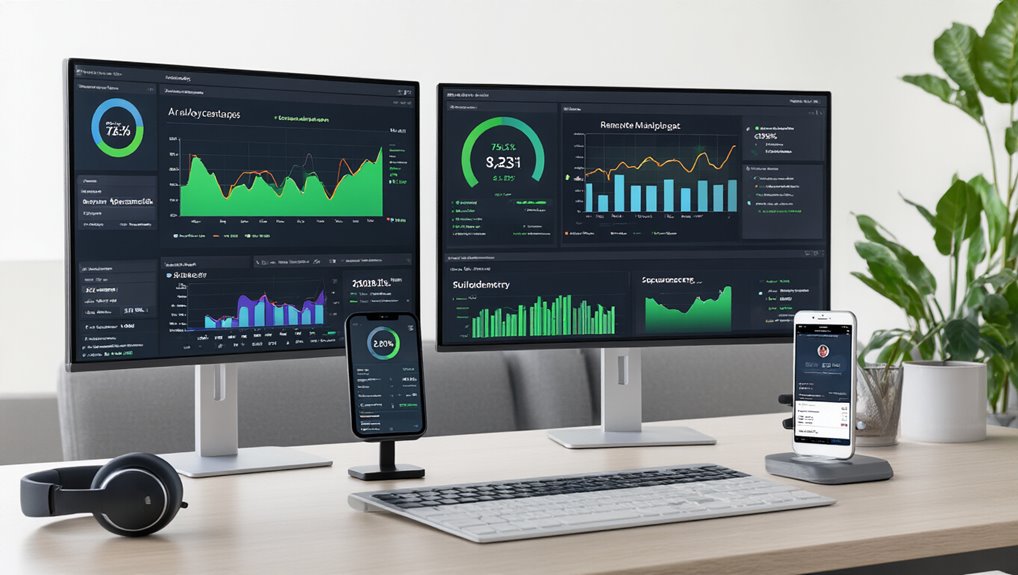Microsoft is transforming workplace collaboration through a suite of AI-driven enhancements to Teams. The platform now features Co-pilot File Summary, which generates concise document summaries directly in chat conversations, allowing users to grasp essential information without reading entire reports. This innovation considerably reduces preparation time and increases meeting efficiency across organizations.
The new unified interface merges chats, group conversations, and channel discussions into a streamlined workflow. Users can now personalize their workspace by grouping conversations and AI agents into custom sections, optimizing their daily workflow and reducing communication friction. These improvements address common pain points in digital collaboration environments. The new left-hand navigation filter makes finding specific conversations easier and significantly reduces cognitive load for faster multitasking.
AI-powered meeting capabilities have expanded beyond basic functionality. Teams now offers:
Teams has transcended fundamental AI meeting tools, delivering intelligent transcription, recaps, and dynamic agenda management for today’s collaborative workplace.
- Live transcription with speaker identification
- Intelligent meeting recaps with automatically captured action items
- Dynamic agenda management based on previous discussions
The system also detects tasks from meeting transcripts and assigns them with deadlines automatically. Automated reminders alert team members about upcoming deadlines, preventing errors and missed follow-ups. This automation shifts traditional managerial responsibilities toward AI-assisted workflows while maintaining human oversight for final decisions. The platform’s AI features now include smart summaries that enhance meeting efficiency by providing concise takeaways of longer discussions.
Questions about control emerge as specialized AI agents access multiple enterprise knowledge bases. Unlike general Copilot features, these agents interact with diverse company systems beyond Microsoft 365, raising concerns about sensitive information handling and accountability. Microsoft addresses these concerns by ensuring all AI tools operate within organizational IT policies and compliance frameworks. This approach represents a fundamental aspect of digital transformation that organizations must navigate to remain competitive in today’s technology-driven business landscape.
The productivity impact is substantial. Employees experience reduced cognitive overload as AI handles administrative details, allowing focus on strategic work. Real-time assistance enhances meeting inclusiveness through features like language translation and accessibility support.
However, organizations must balance these benefits against potential over-reliance on digital agents. As Teams’ AI capabilities continue evolving, organizations face important questions about the changing nature of workplace control and human agency in decision-making processes. The technology promises efficiency gains while requiring thoughtful implementation to maintain appropriate boundaries between AI assistance and human judgment.









